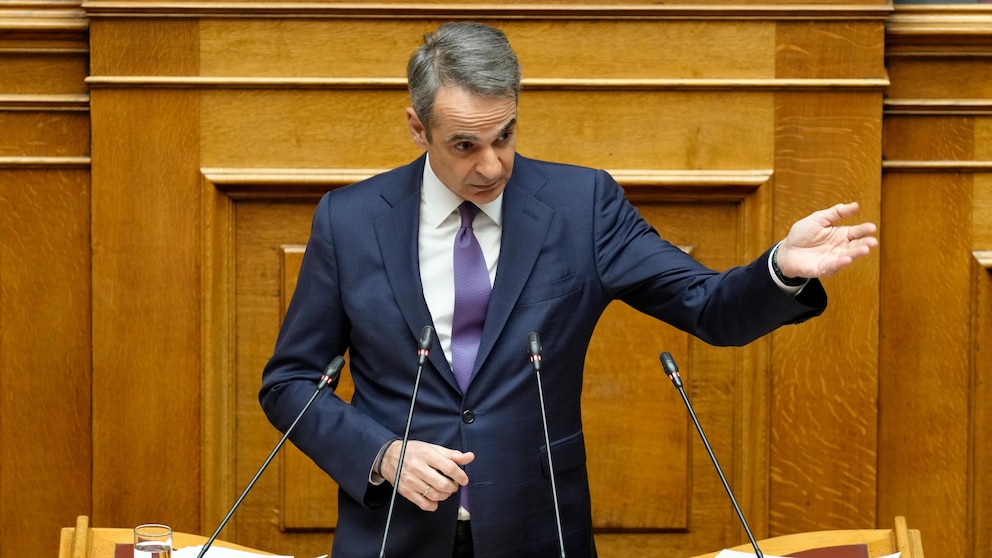Greek Economy Secures 1 Billion Euro Aid Package as Surplus Boosts Recovery
In a significant development for the Greek economy, Prime Minister Kyriakos Mitsotakis announced on Tuesday a financial aid package valued at 1 billion euros ($1.15 billion), aimed at supporting lower-income households and bolstering the country’s public investment initiatives. This economic revelation comes in the wake of Greece achieving a budget surplus, one of only six such outcomes among the 27-member European Union in 2024.
Greece’s fiscal performance, with a surplus of 1.3% of its gross domestic product (GDP), starkly contrasts with the EU’s overall deficit of 3.2%. This achievement marks a momentous turnaround for a nation that once grappled with a debilitating debt crisis over a decade ago, severely impacting the EU and international financial stability.
Economic Overperformance
Prime Minister Mitsotakis addressed the nation during a televised broadcast, emphasizing the unexpected robustness of the Greek economy. “The figures record a significant overperformance by the national economy and a surplus in state coffers,” he stated. “With everyone’s help, we did much better than we expected.” Mitsotakis attributed this success to dynamic growth, effective measures against tax evasion, and other fiscal reforms, generating additional revenues that surpassed initial targets.
Financial Aid Initiatives
A notable component of the aid package is aimed at addressing housing affordability. Renters will receive a reimbursement of one month’s rent in November annually, beginning this year. Concurrently, a 250-euro benefit (approximately $290) will be dispensed at the end of each November to older, disabled, and uninsured citizens.
Finance Minister Kyriakos Pierrakakis elaborated on the financial distributions, indicating that the rent reimbursements will be allocated based on household income levels. This initiative is set to benefit 948,000 households, which represents about 80% of Greek renters. Additionally, the 250-euro benefit will extend to 1.4 million individuals.
Investing in Public Infrastructure
In a parallel move to strengthen Greece’s infrastructure, an extra 500 million euros ($575 million) per year will be injected into the country’s Public Investment Program. This financial infusion is targeted at expediting public infrastructure and social development projects, fostering job creation, and sustaining economic resilience amid global uncertainties.
A Resilient Economic Comeback
Greece’s fiscal trajectory has shown marked improvement since its emergence from a protracted financial crisis that severely curtailed its borrowing abilities on international bond markets, rendering it reliant on multiple international bailouts. During the peak of the crisis, unemployment soared, and the economy contracted by a quarter.
Today, Greece stands on the brink of a new economic era, fueled by strategic investment in public welfare and infrastructure. As the country seeks to fortify its fiscal standing, the initiatives announced by Mitsotakis and his administration promise to spread the benefits of economic recovery across a broad swath of its population.
Stay informed on the latest developments in global finance by following fintechfilter.com for timely economic news and insights.

